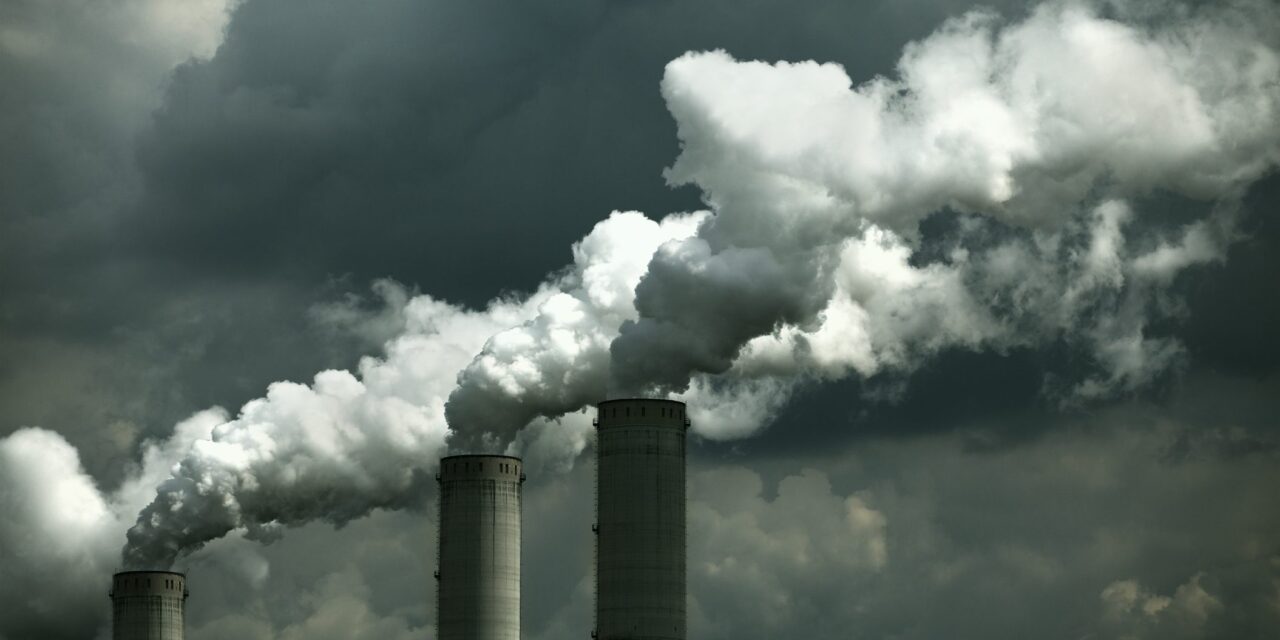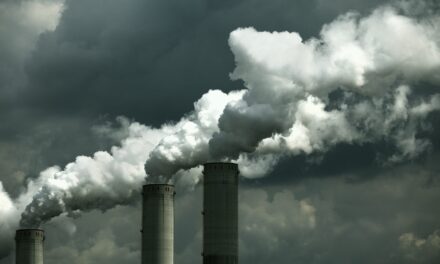Regular readers of the Booman Tribune will have noted the series of reports being released by the Intragovernmental Panel on Climate Change (IPCC) during this spring.
The report of Working Group I covered the scientific aspects of the climate system and climate change and was released on 2 February 2007.
Contribution of Working Group I – Summary for Policymakers (pdf)
Working Group II released it’s report on April 6; assessing the vulnerability of socio-economic and natural systems to climate change, negative and positive consequences of climate change, and options for adapting to it.
Working Group II – Summary for Policymakers (pdf) Also see previous diary entry.
The report of Working Group III on Mitigation of Climate Change was due to be released on May 4 in Bangkok. However, The Guardian has obtained a copy of the draft summary report, allowing us some insight to what will be presented coming Friday.
Follow below::
Here is how The Guardian sums it up:
The summary of the new report, a draft of which has been obtained by the Guardian, says: “It is technically and economically feasible to stabilise greenhouse gas concentrations in the atmosphere … provided that incentives are in place to further develop and implement a range of mitigation technologies.”
The knowledge and technology available to us today should enable us to limit the global temperature increase to 2-3 C, provided greenhouse-gas concentrations in the atmosphere is stabilizing within 454-534 parts per million by 2030. That would require immediate and drastic action.
One of the most controversial findings of the report is likely to be its discussion of the various strategies international governments could take – the US has refused to adopt binding targets agreed under Kyoto and is resisting attempts to discuss a replacement, preferring voluntary agreements.
The draft report says such voluntary agreements are not effective, but it also raises questions about the success of Kyoto-style treaties based on targets and carbon trading. It says the best approach is to tie development to investment in clean technology.
Catherine Pearce, international climate campaigner with Friends of the Earth, said: “We hope that this report will push governments to take action, by demonstrating that the policies, measures and sustainable energy technologies are readily available. We have no time to lose, and no excuses for further inaction.”
Check out the entire article! Of course, we do recall that the previous report ended up heavily politicized:
CNN – Several scientists objected to the editing of the final draft by government negotiators but in the end agreed to compromises. However, some scientists vowed never to take part in the process again.
The climax of five days of negotiations was reached when the delegates removed parts of a key chart highlighting devastating effects of climate change that kick in with every rise of 1.8 degrees Fahrenheit, and in a tussle over the level of scientific reliability attached to key statements.
No doubt, this is a busy week of negotiations in Bangkok, hopefully, we will get a final report which is scientifically sound. We cannot afford political games and stalling tactics any longer. The time for action is now!






